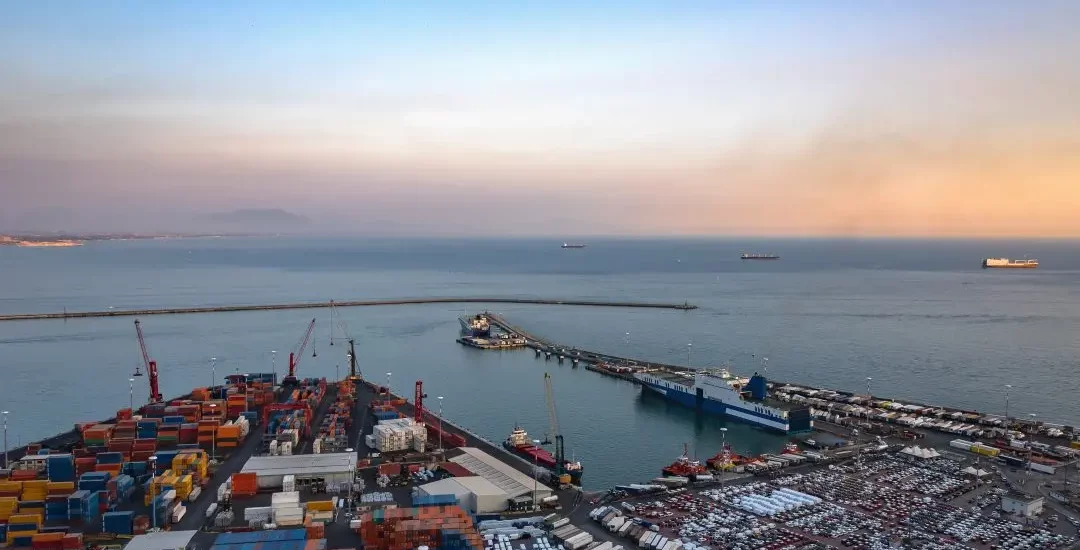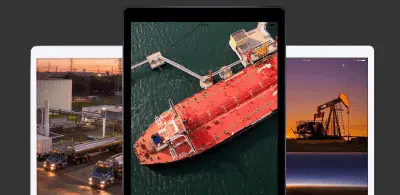2020 Regulations - Act Now Or Pay Later - Inatech
- October 25, 2016
- Posted by: Inatech ETRM
- Categories:

It’s the hot topic of the moment and like it or not the date for compliance is fast approaching.
When speaking to operators and fuel suppliers, there is a reluctance from many to start putting plans in place that will ensure compliance.
This lack of preparation and the reluctance to make any decision is a concern. It prompted me to address the issue in an article for shipandbunker – the industry is woefully unprepared for 2020 and just sleepwalking into gasoil
In the article I talk about the difficult choices operators have to make. But the reality is, a decision about 2020 compliance has to be made, and made now.
The choices out there are well known. Operators can:
- Keep buying higher sulfur fuel but clean it up using scrubber technology.
- Buy new ultra-low sulfur fuels with less than 0.5% sulfur.
- Choose better quality and more expensive generic gas oil distillates.
What is stopping operators from taking action?
Is it the fact that the risks and costs of the different choices are still unclear? For example installing scrubbers incurs an upfront cost and can be expensive. Planning to buy ultra-low sulfur could prove challenging as we are not clear about global product availability in 2020. And in the case of gas oil distillates costs could be an extra $200 per tonne of fuel.
My fear is that if action is not taken now, many operators will choose gas oil and hope for the best. For an industry already facing cost pressures choosing gasoil could be a decision many simply cannot afford to make.
Is there anything that can be done to make the choice easier?
In a recent article I wrote for Dry Bulk Magazine – don’t let new bunker regulations leave you high and dry I identified four factors that could impact the different compliance options. These were:
- Type of ship
- Age of fleet
- The voyage
- The ports visited
For example when considering the upfront investment of installing scrubbers – the age of fleet can make a difference – after all with new ships payback on the investment will be longer.
Operators need to consider these factors when making a decision. However one thing is clear, whatever choice operators make, buying fuel will become more complex and more costly after 2020. Fuel is already one of the biggest expenses when operating a ship. In 2020 it could become even more expensive.
Faced with the prospects of rising fuel costs can anything be done?
I addressed this issue in a second article I published in Shipandbunker – 2020 sulfur cap will see more contract bunker business, spur shift to smarter bunker buying. In the article I talk about the importance of the bunker buying process.
In many cases buying fuel is left to the bunker department. This needs to change.
The process of buying bunkers needs to be more strategic. Why? because companies spend huge sums of money buying fuel. Let’s take an example. A ship uses about 40 tonnes of fuel per day. The fuel costs about $300 per tonne. A ship spends on average 200 days at sea. That means a company spends about $2.4m on fuel for just one ship! Start looking at fleet sizes and the sums involved are huge.
The 2020 regulations will mean buying fuel will be more complex and time consuming. As a result there will be potential skills shortages in bunker teams. And systems will no longer meet the changing business environment. The result rising fuel costs.
The good news, operators can offset rising fuel costs caused by compliance now, by using technology. By implementing a fuel procurement system, operators can deliver efficiencies across the complete procurement process. They can also streamline complex operations from spot RFQ, fuel quality and quantity discrepancies management, through to claims management and ECA compliance.
By implementing an effective fuel management strategy, operators plan better, negotiate better and manage supplier performance better. They will also be better prepared to handle any changes in fuel purchasing, 2020 compliance is likely to present.
In conclusion
As the 2020 sulfur cap gets ever nearer, now it the time to act. That means starting to plan for future compliance. It also means implementing fuel procurement technology that simplifies fuel purchasing, drives efficiency and delivers cost savings. So you’re ready to deal with whatever new fuel purchasing activities 2020 compliance requires.




